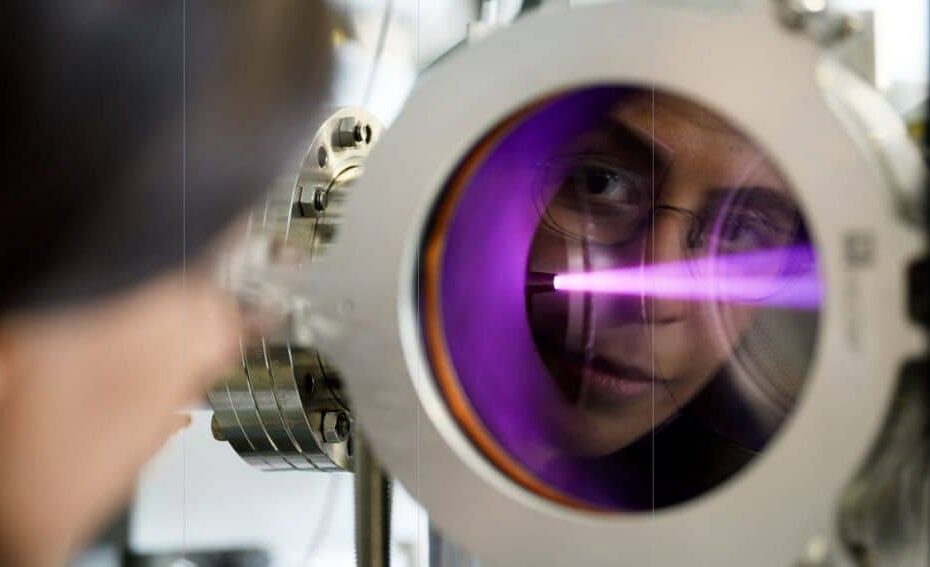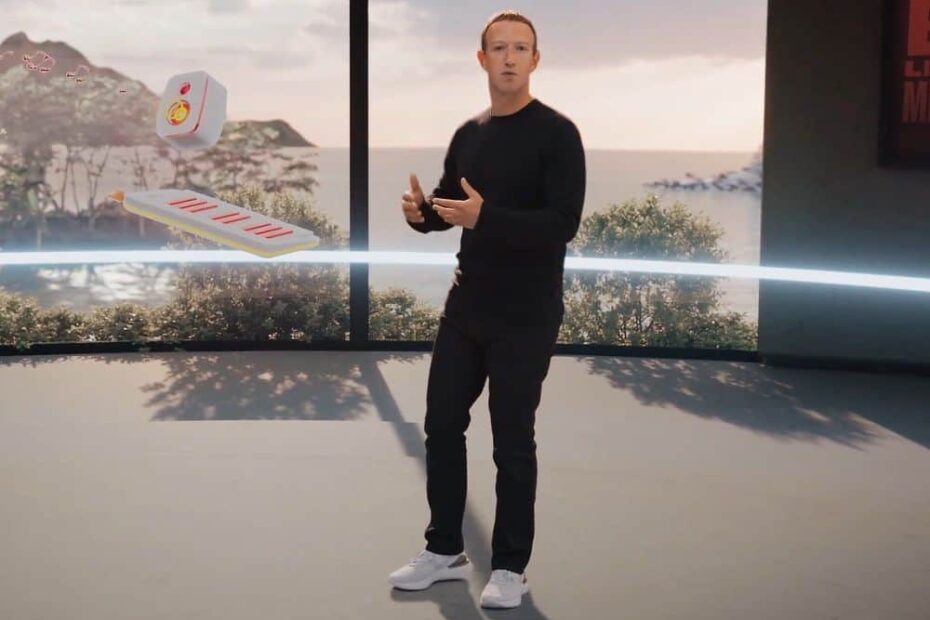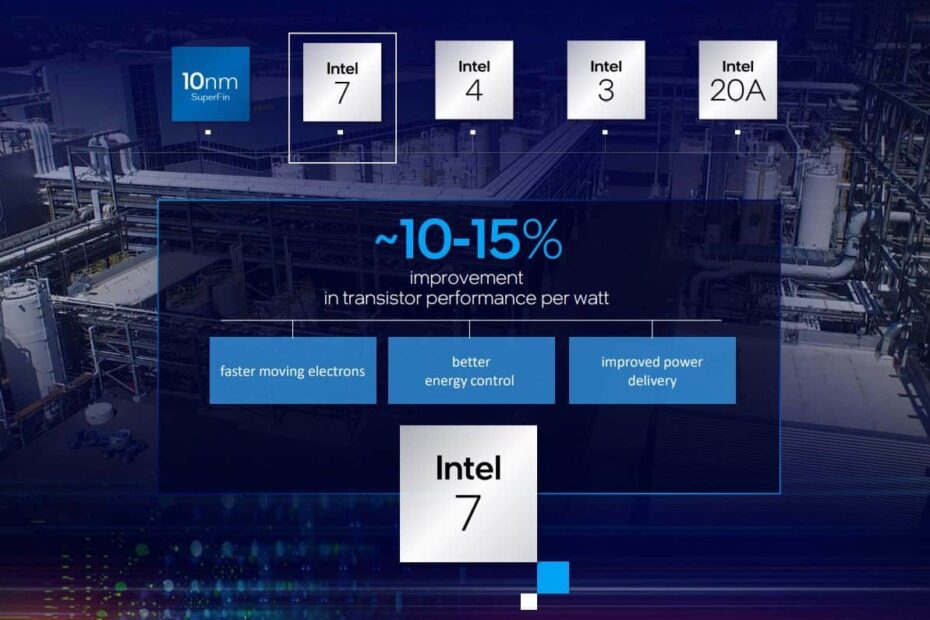By Girish Mhatre
What’s at stake?
Today, the top five U.S.-based companies by market cap are all tech companies. Together, they are worth nearly $9 trillion. Unlike the monopolists of the Gilded Age, they did not get there by price gouging consumers (quite the opposite, in fact). Rather, they are practiced in the art of crushing emerging competition by wielding their market power, often nefariously. That threatens jobs, consumer choice, and — as these companies become states within a state — democracy itself.
I once asked Andy Grove, then CEO of Intel, why his company shouldn’t face antitrust penalties for monopolistic practices.
Read More »Small Is Beautiful: How to Cut Big Tech Down to Size 








